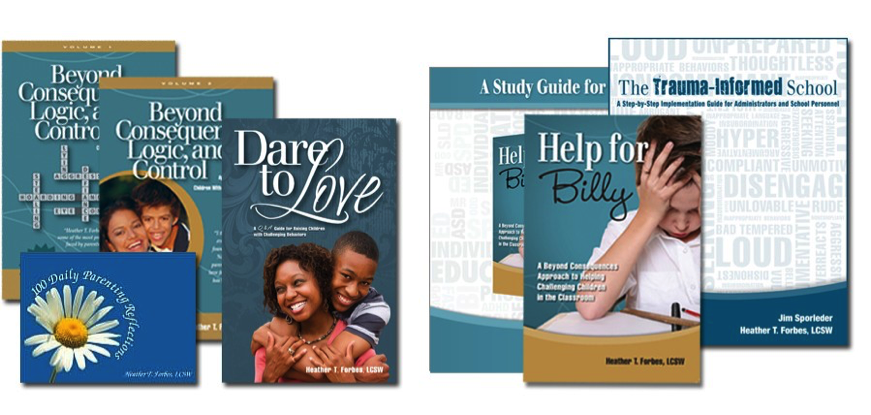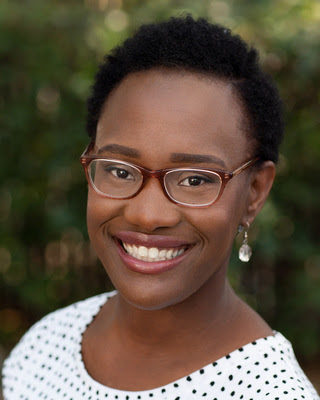- This event has passed.
Parent Training with Heather Forbes – Invitation Only
February 24, 2017 @ 6:00 pm - 8:30 pm
[vc_row][vc_column][vc_column_text]
If Mama Ain’t Happy, Nobody’s Happy:
When Self-Care Becomes the Number One Line of Defense
There is no truer saying when it comes to understanding family dynamics: “If Mama Ain’t Happy, Nobody’s Happy.” We often focus the majority of our attention and resources on interventions to help children heal from trauma, yet we overlook the importance of addressing the emotional and mental health of the parents and caregivers. Parents “raising trauma” often find themselves overwhelmed, exhausted, and losing hope. Living in a home with a high intensity of stress—a home designed to be a family’s sacred ground—often pushes parents to their brink. This workshop will explore solutions to help parents find effective ways to care for themselves as well as help them heal from their own early life experiences.
Enjoy a buffet dinner with Heather and other parents from 6:00-6:45PM!
Cost: $50 per person / $80 per couple
One charge only for attendees for both Friday 2/24 and Saturday 2/25 events.
Sign up below to receive this special offer. Want more details on 2/25? Click here!
CEU (Continuing Education Unit): 2 for $10.00
Mail check to Help One Child (858 University Ave. Los Altos, CA 94024)
or pay via the PayPal link below
Foster Parent Certificate of Hours available.
No childcare available
Learning Objectives:
Participants will:
- Understand how dormant trauma can be awakened within parents when raising a child with a traumatic history.
- Learn how to identify past childhood experiences that are presently affecting current behaviors and reactions.
- Understand the benefits of reaching out for help and asking for respite when needed.
 Heather T. Forbes, LCSW is the founder of the Beyond Consequences Institute. Forbes has worked in the field of trauma and healing since 1999. She is an internationally published author on the topics of raising children with difficult and severe behaviors, the impact of trauma on the developing child, adoptive motherhood, and self-development. Coming from a family of educators, Forbes has a heart for children in the classroom and for finding ways to teach the child that seems “unteachable.” Her signature style is to bridge the gap between scientific research and real-life application to equip parents, educators, and therapists with practical and effective tools. Much of her experience and insight on understanding trauma, disruptive behaviors, and adoption-related issues comes from her direct mothering experience of her two adopted children.[/vc_column_text][/vc_column][/vc_row][vc_row][vc_column][vc_tta_accordion active_section=”” collapsible_all=”true”][vc_tta_section title=”Books by Forbes” tab_id=”books-by-forbes”][vc_column_text]
Heather T. Forbes, LCSW is the founder of the Beyond Consequences Institute. Forbes has worked in the field of trauma and healing since 1999. She is an internationally published author on the topics of raising children with difficult and severe behaviors, the impact of trauma on the developing child, adoptive motherhood, and self-development. Coming from a family of educators, Forbes has a heart for children in the classroom and for finding ways to teach the child that seems “unteachable.” Her signature style is to bridge the gap between scientific research and real-life application to equip parents, educators, and therapists with practical and effective tools. Much of her experience and insight on understanding trauma, disruptive behaviors, and adoption-related issues comes from her direct mothering experience of her two adopted children.[/vc_column_text][/vc_column][/vc_row][vc_row][vc_column][vc_tta_accordion active_section=”” collapsible_all=”true”][vc_tta_section title=”Books by Forbes” tab_id=”books-by-forbes”][vc_column_text]
- The Trauma-Informed School: A Step-by-Step Implementation Guide for Administrators and School Personnel (co-authored with Jim Sporleder)
- Help for Billy: A Beyond Consequences Approach for Helping Challenging Children in the Classroom
- A Study Guide for Help for Billy: A Chapter-by-Chapter Workbook for Teachers (co-authored with Jim Sporleder)
- Beyond Consequences, Logic, and Control: A Love Based Approach to Helping Children With Severe Behaviors, Volume 1 (English, Spanish, and Russian versions)
- Beyond Consequences, Logic, and Control: A Love Based Approach to Helping Children With Severe Behaviors, Volume 2
- Dare to Love: The Art of Merging Science and Love Into Parenting Children with Difficult Behaviors
- 100 Daily Parenting Reflections
 [/vc_column_text][/vc_tta_section][/vc_tta_accordion][/vc_column][/vc_row]
[/vc_column_text][/vc_tta_section][/vc_tta_accordion][/vc_column][/vc_row]




